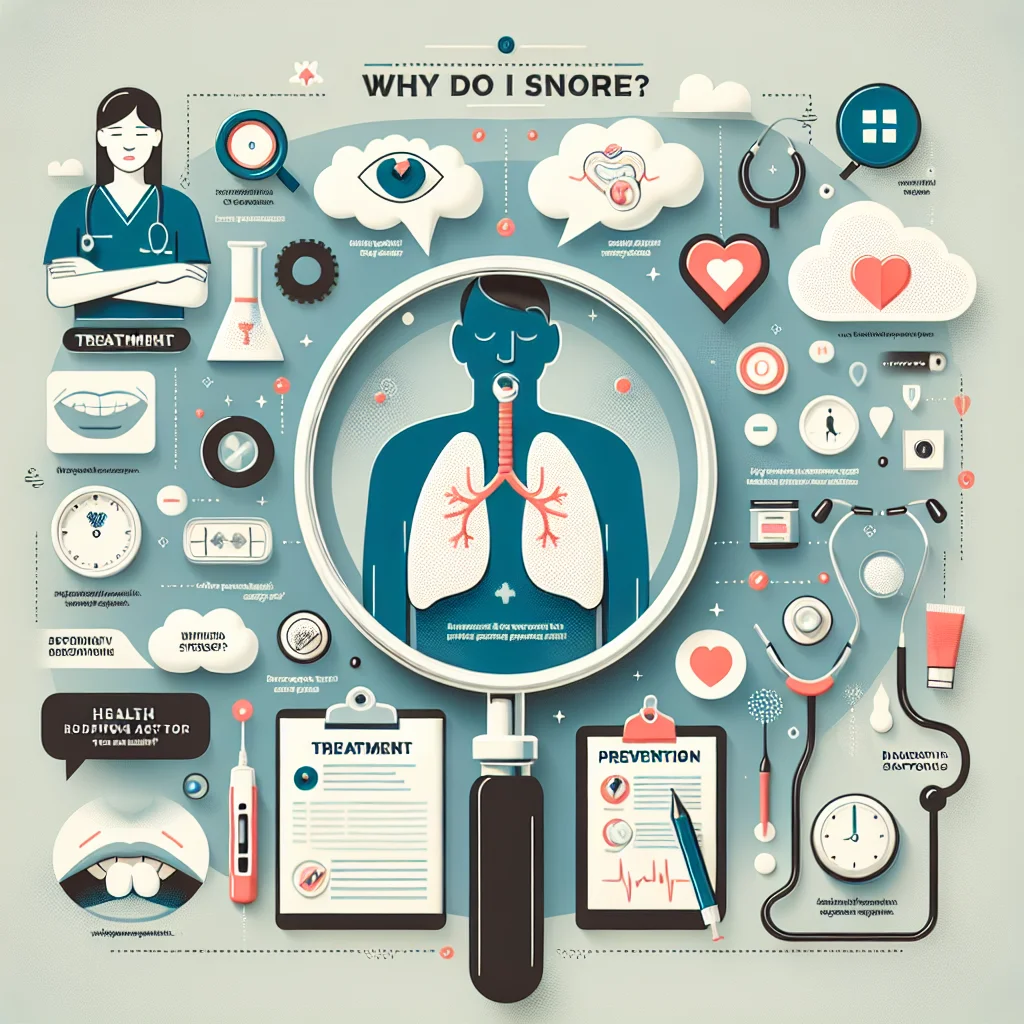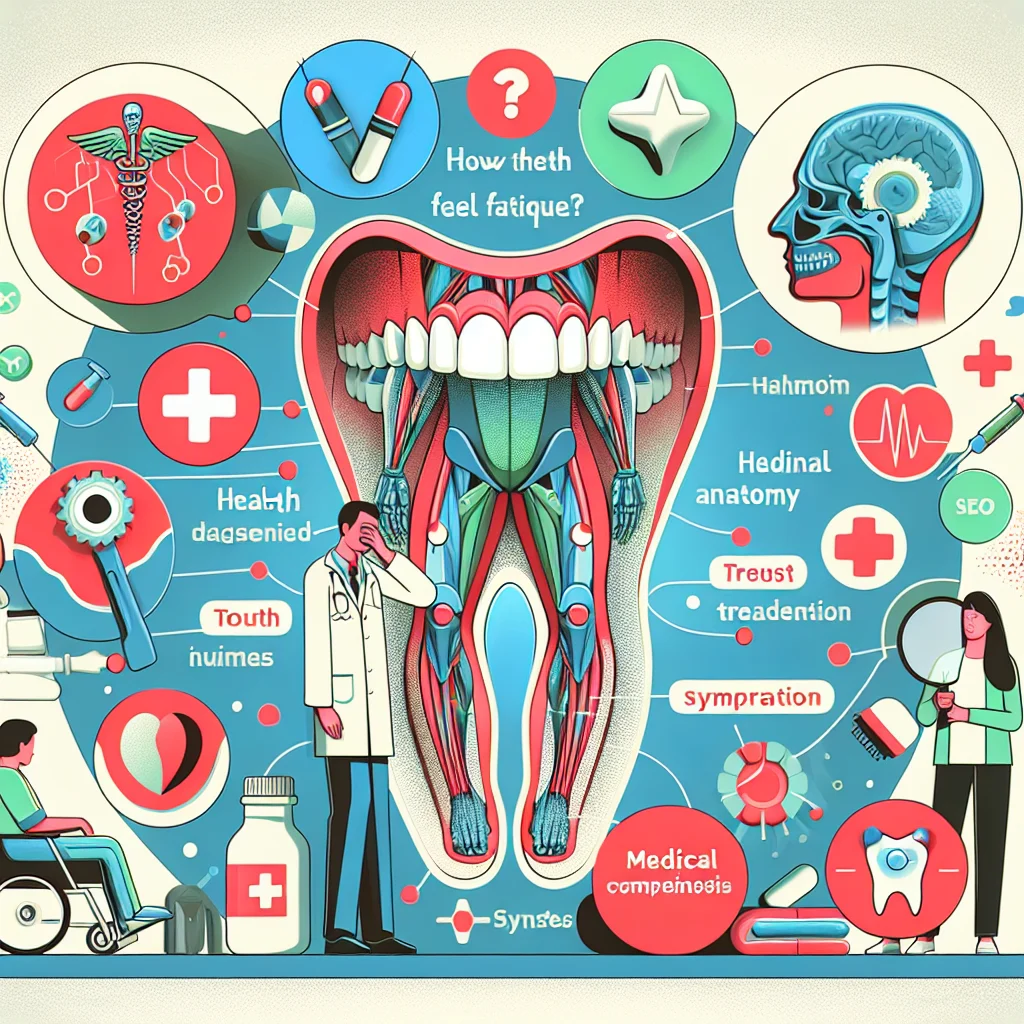
Possible Causes and Medical Insights
Snoring occurs when airflow is partially blocked during sleep, causing the tissues in your throat to vibrate and produce sound. The most common reasons for snoring include nasal congestion, obesity, anatomical variations in the nose or throat, and sleep position—especially sleeping on your back. Understanding why you snore can help you identify underlying health issues, such as sleep apnea, which is a serious condition that may require medical attention.
Medical insights reveal that snoring may increase with age as throat muscles become weaker, and the airway becomes narrower. Lifestyle factors like smoking, alcohol consumption, and use of sedatives can further relax throat muscles, making snoring more likely. Some people may also have a genetic predisposition to snore due to inherited structural factors. Identifying the root cause is key to finding appropriate health advice and targeted treatment.
Symptoms and Risk Factors
Besides the audible snoring, symptoms often include restless sleep, frequent waking, headaches, and daytime fatigue. Partners may notice pauses in your breathing, choking, or gasping sounds, which are warning signs of obstructive sleep apnea. Persistent snoring can also contribute to mood changes, difficulty concentrating, and decreased overall sleep quality for both you and your loved ones.
Certain risk factors make it more likely that you will snore. Men are more prone to snoring than women, and being overweight significantly increases risk. Other contributing factors include having a family history of snoring or sleep apnea, nasal congestion from allergies or sinus infections, and anatomical differences such as a deviated septum or enlarged tonsils. Recognizing these symptoms and risk factors is crucial for proactive health management.
Diagnosis and When to See a Doctor
If you frequently ask, "Why do I snore?", and experience excessive daytime sleepiness or witnessed breathing interruptions during sleep, it’s important to consult a healthcare professional. Diagnosis often starts with a thorough medical history and physical exam. Your doctor may ask about your sleep patterns, lifestyle habits, and any associated symptoms to gain a comprehensive understanding of your situation.
In some cases, a sleep study (polysomnography) may be recommended to monitor your breathing, heart rate, and oxygen levels overnight. This helps determine whether your snoring is linked to a more serious condition like sleep apnea. Early diagnosis is essential for preventing complications such as high blood pressure, heart disease, and chronic fatigue. Don’t hesitate to seek medical insight if you are concerned about your snoring or overall sleep health.
Prevention and Home Remedies
For many people, simple lifestyle changes can help reduce or prevent snoring. Maintaining a healthy weight, avoiding alcohol close to bedtime, and sleeping on your side rather than your back are all effective strategies. Addressing nasal congestion with humidifiers or allergy treatments can also improve airflow and minimize snoring. Practicing good sleep hygiene by establishing a consistent bedtime routine supports better sleep quality and reduces risk.
Other home remedies include elevating the head of your bed, using anti-snoring pillows, and performing throat exercises to strengthen airway muscles. If you continue to snore despite trying these methods, consult your doctor for more personalized health advice. Timely intervention can improve your sleep, enhance your overall well-being, and reduce potential health risks linked to chronic snoring.














